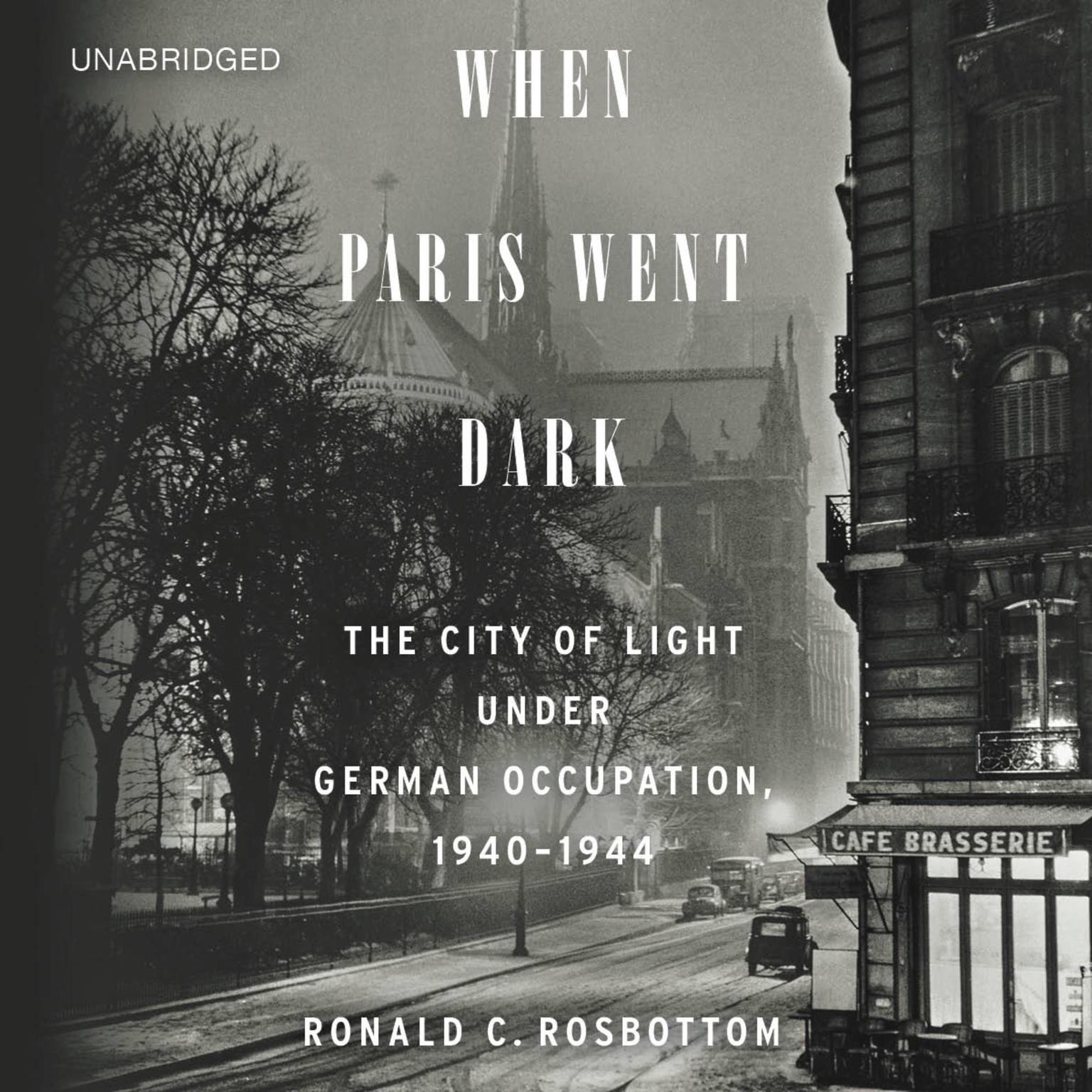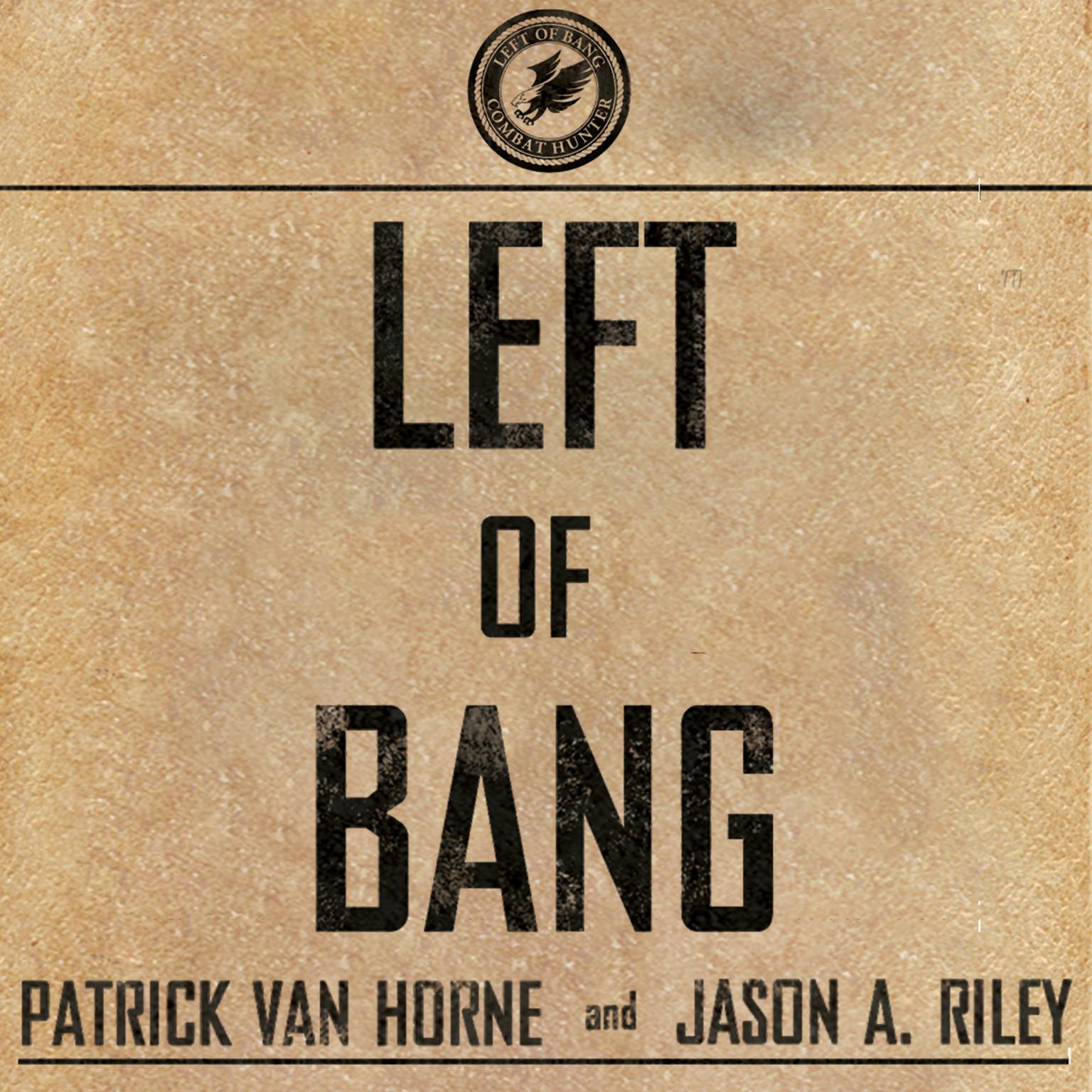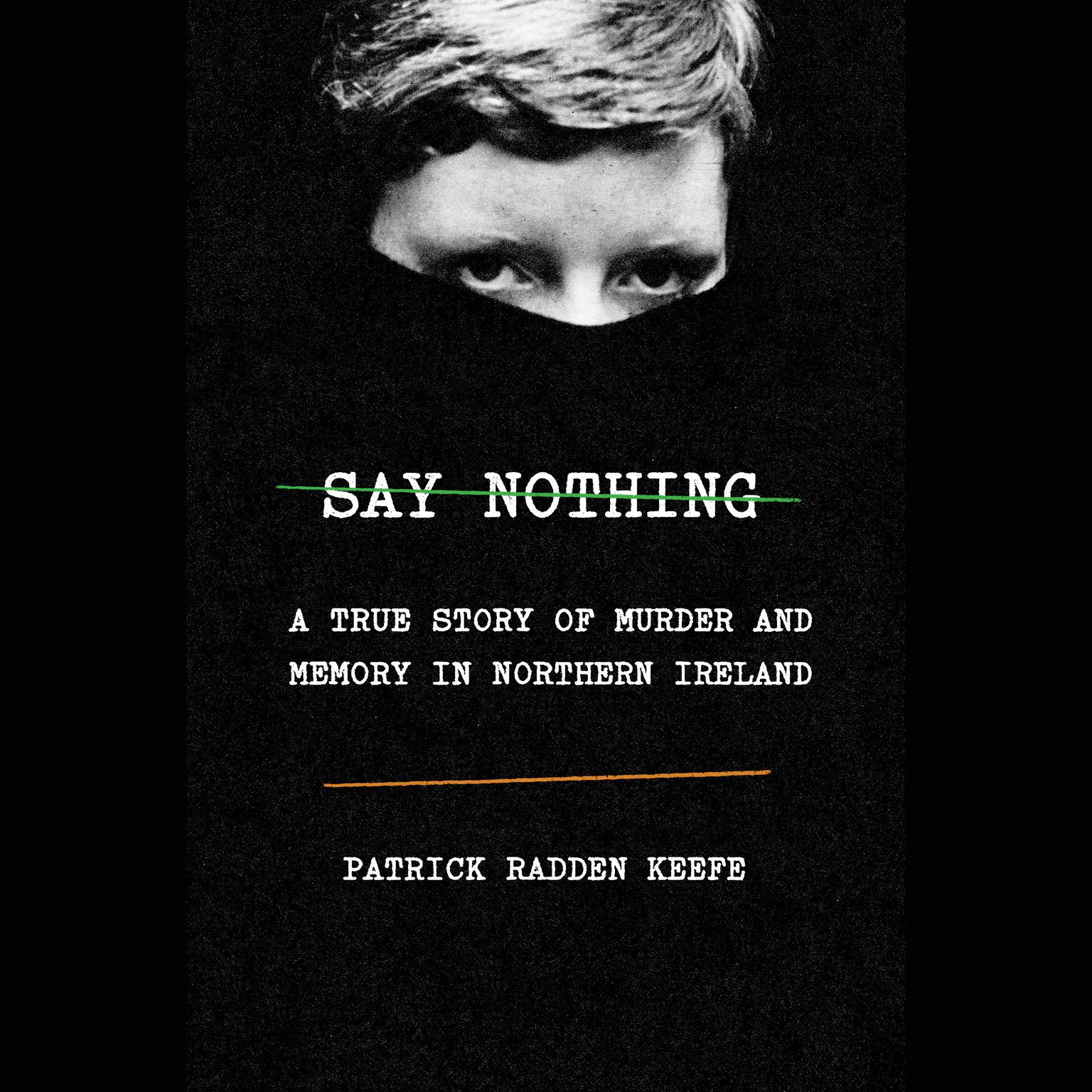Publisher Description
The spellbinding and revealing chronicle of Nazi-occupied Paris.
On June 14, 1940, German tanks entered a silent and nearly deserted Paris. Eight days later, France accepted a humiliating defeat and foreign occupation. Subsequently, an eerie sense of normalcy settled over the City of Light. Many Parisians keenly adapted themselves to the situation-even allied themselves with their Nazi overlords.
At the same time, amidst this darkening gloom of German ruthlessness, shortages, and curfews, a resistance arose. Parisians of all stripes — Jews, immigrants, adolescents, communists, rightists, cultural icons such as Colette, de Beauvoir, Camus and Sartre, as well as police officers, teachers, students, and store owners — rallied around a little known French military officer, Charles de Gaulle.
When Paris Went Dark evokes with stunning precision the detail of daily life in a city under occupation, and the brave people who fought against the darkness. Relying on a range of resources — memoirs, diaries, letters, archives, interviews, personal histories, flyers and posters, fiction, photographs, film and historical studies — Rosbottom has forged a groundbreaking book that will forever influence how we understand those dark years in the City of Light.
Download and start listening now!
“When Hitler toured his legendary conquest in 1940, occupied Paris was
sinking into a colorless tedium of paranoia and oppression punctuated by
grey-clad Germans and miserable Parisians suffering from shortages and
overregulation. Rosbottom, professor of French and European Studies at
Amherst College, delivers distinctive, humanizing anecdotes…Rosbottom packs his
tales with memorable descriptions of both the subtle and overwhelming
changes that seeped into daily life, making for a moving portrayal of
the awkward coexistence of occupation—from the vantage points of both
weary Parisians and confused, low-level German soldiers alike. Rosbottom
highlights how leaderless, ordinary people and their formerly
glittering city turned as grey as the occupiers’ uniforms.”—
Publishers Weekly











